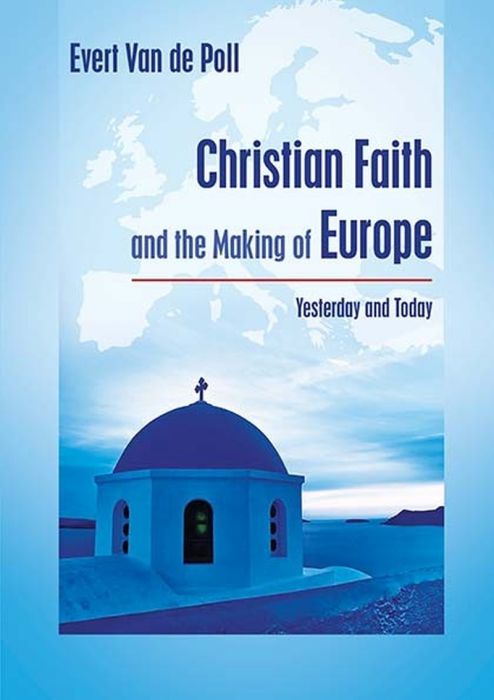Wir verwenden Cookies, um Ihre Erfahrung zu verbessern. Um die neuen Datenschutzrichtlinien zu erfüllen, müssen wir Sie um Ihre Zustimmung für Cookies fragen. Weitere Informationen
Christian Faith and the Making of Europe
Yesterday and Today
Most Europeans do not realise to what extent the world in which they live is shaped by the Bible and Christianity. This book looks at the origins of hospitals, universities, music, social welfare, human rights, the religiously neutral state, liberal democracy, humanism, modern science, and many more. …
25,00 €
Eventuell nicht lagernd - wir versuchen schnell zu besorgen
Alle Preise inkl. MwSt.
Artikelnummer:
860800102
EAN/ISBN:
9783957761026
Produktart:
Bücher
Einband:
Paperback
Maße:
14,8 x 21 cm
Umfang:
398 S.
Veröffentlichungsdatum:
18.07.2020
Most Europeans do not realise to what extent the world in which they live is shaped by the Bible and Christianity. This book looks at the origins of hospitals, universities, music, social welfare, human rights, the religiously neutral state, liberal democracy, humanism, modern science, and many more.
The Christian faith created a common cultural space for the peoples of Europe but also determined national identities. It inspired the founders of the European integration after World War II, and it was a decisive factor in the overthrow of communism some thirty years ago.
The author honestly looks at the dark pages written by churches in the past: their connection with state violence, colonialism, intolerance, capitalism, slavery, and especially antisemitism. However, its severest critics in these areas were Christians, taking their inspiration from the Gospel!
Paradoxically, Europe is deeply marked by the Christian faith and at the same time by its abandonment. The author describes the rise of secular Europe: the decline of religion, the cultural dechristianisation, the rise of secular ideologies and lifestyles. He then looks at today's society, at secular, religious and demographic trends, post-secular trends in the public and political spheres, and the statistical state of Christianity in different parts of Europe. Special attention is given to committed, nominal and cultural forms of Christianity, and to typical barriers and bridges for the Gospel among seculars and postmoderns.
As the author unveils the past and unravels the present, he gives hope: the message to which we owe so much is still 'good news' for Europeans today.
The Christian faith created a common cultural space for the peoples of Europe but also determined national identities. It inspired the founders of the European integration after World War II, and it was a decisive factor in the overthrow of communism some thirty years ago.
The author honestly looks at the dark pages written by churches in the past: their connection with state violence, colonialism, intolerance, capitalism, slavery, and especially antisemitism. However, its severest critics in these areas were Christians, taking their inspiration from the Gospel!
Paradoxically, Europe is deeply marked by the Christian faith and at the same time by its abandonment. The author describes the rise of secular Europe: the decline of religion, the cultural dechristianisation, the rise of secular ideologies and lifestyles. He then looks at today's society, at secular, religious and demographic trends, post-secular trends in the public and political spheres, and the statistical state of Christianity in different parts of Europe. Special attention is given to committed, nominal and cultural forms of Christianity, and to typical barriers and bridges for the Gospel among seculars and postmoderns.
As the author unveils the past and unravels the present, he gives hope: the message to which we owe so much is still 'good news' for Europeans today.

